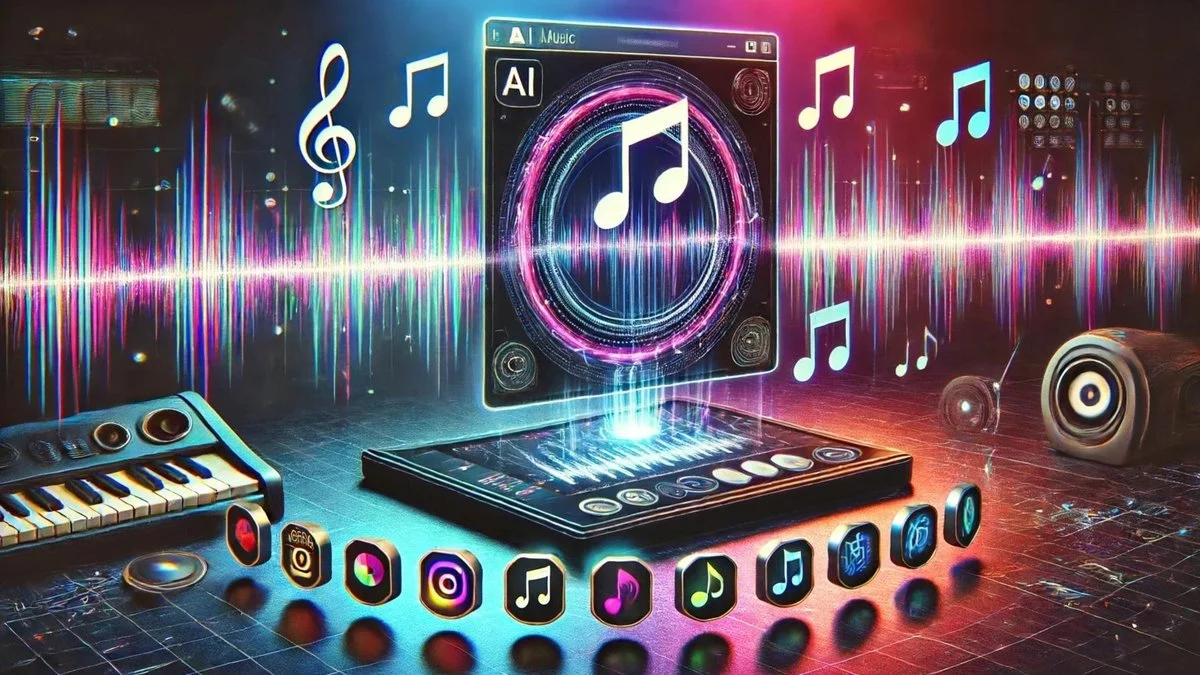Unmasking AI-Generated Songs: Clever Tips to Tell Real from Robot Tunes

Velvet Sundown, a made-up rock outfit complete with AI-crafted music, lyrics, and album art, has sparked fresh debates over how we spot synthetic sounds in our playlists.
Jaden Patel here, your resident purveyor of snark disguised as insight. Let’s all take a moment to pretend we’re shocked that software can now fake entire bands.
If you’ve ever tapped “play” on a track and thought, “This sounds a bit too perfect to be human,” you might be onto something. Industry insiders say the earliest clues often come from outside the waveform. Manuel Mousallam, Deezer’s head of research and development, points out that artists without any real social footprint might be pure AI constructs. No Instagram photos, no decade-old tweets, no footage of sweaty basement gigs—classic red flags. Even ticketing sites can tip you off: can you buy a ticket to a live show? If the answer is no, your favorite “band” might exist only in lines of code.
Of course, you can also go straight to the source. Suno and Udio, popular AI song generators, host user-uploaded tracks that anyone with an account can browse by genre or creator handle. If you know the track title, you might find the original AI upload. But if you’re flying blind without that info, you’ll need new tricks.
Enter Deezer’s new transparency feature. Since June, the streaming service has flagged up to 18 percent of daily uploads as AI-generated content. The app shows an on-screen label whenever it spots telltale patterns—allegedly baked into every AI output. Deezer’s CEO says this in-house tech relies on subtle anomalies that human ears might miss but machine algorithms catch. No specifics on their detection recipe, but they’re wielding it like a secret sauce against streaming fraudsters chasing quick royalties.
For a second opinion, some music sleuths turn to IRCAM Amplify, a French research offshoot. I uploaded a handful of my own AI-made tunes and got probabilities between 81.8 percent and 98 percent for AI origin, correctly linking them to Suno. My vintage MP3s scored almost zero. The catch: you have to upload actual files, so you can’t test songs only on Spotify. Other third-party detectors let you paste streaming links, but when I ran those tests they either blew false positives or missed flagging AI tracks altogether.
Algorithms can spit out lyrics too, though serious users often swap in their own lines once they realize how clunky AI rhymes can be. If you notice stilted couplets, repetitive hooks, or nonsensical metaphors—blame the bot. Casual users might embrace the whimsy, but pros usually prefer a human touch.
So next time a fresh tune lands in your feed, play detective. Check the social trail, hunt for live shows, peek at streaming flags, or run a quick AI-detector scan. You’ll either confirm your suspicions or discover a new human artist worth following.
Well, there you have it. Tune in next time for more questionable life choices and suspiciously perfect music.
Sources: Celebrity Storm and New York Post, Deezer, Suno, Udio, IRCAM Amplify
Attribution: Creative Commons Licensed




